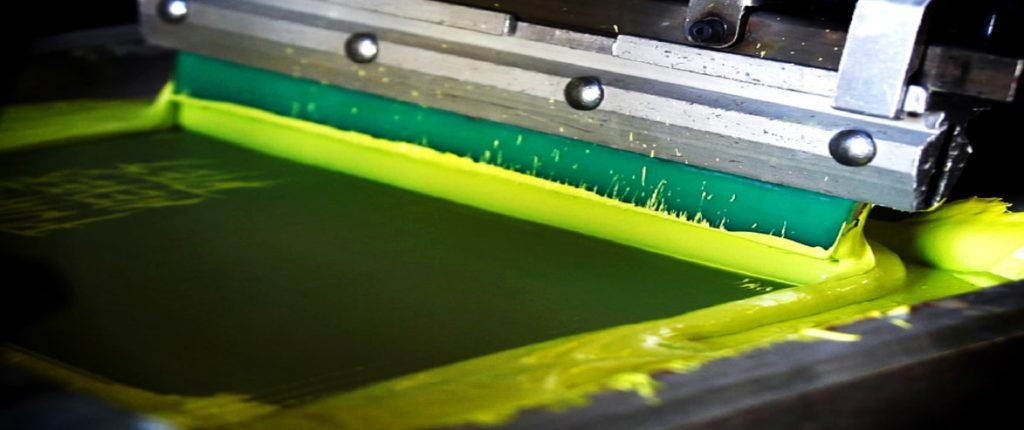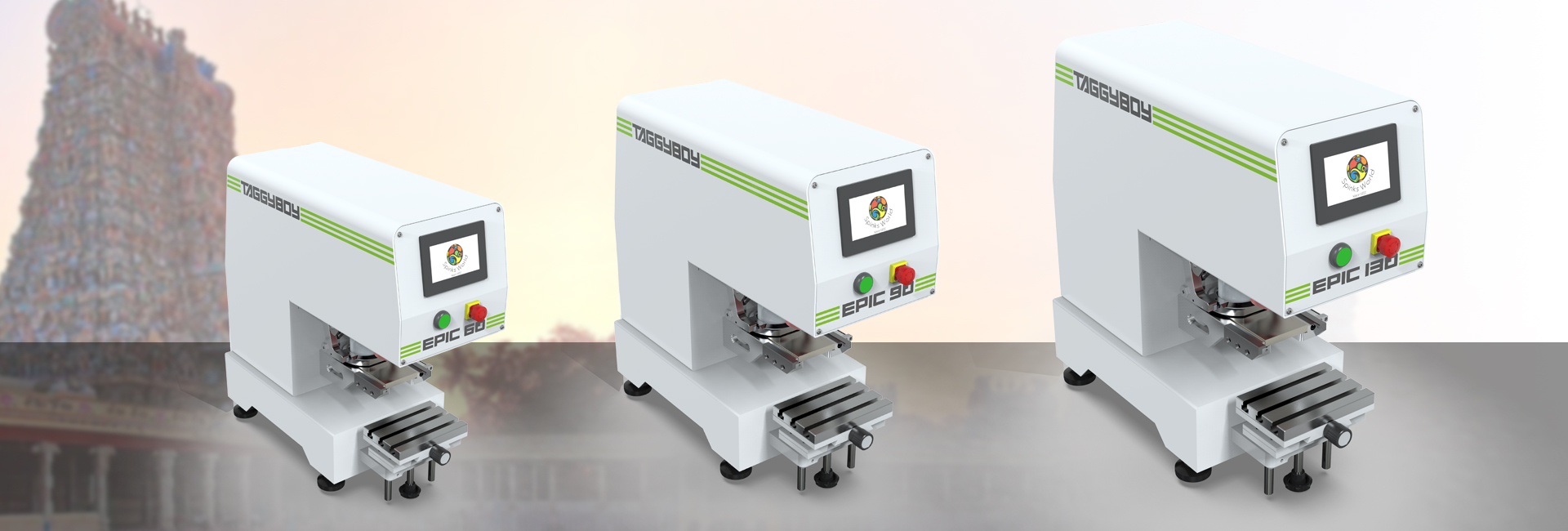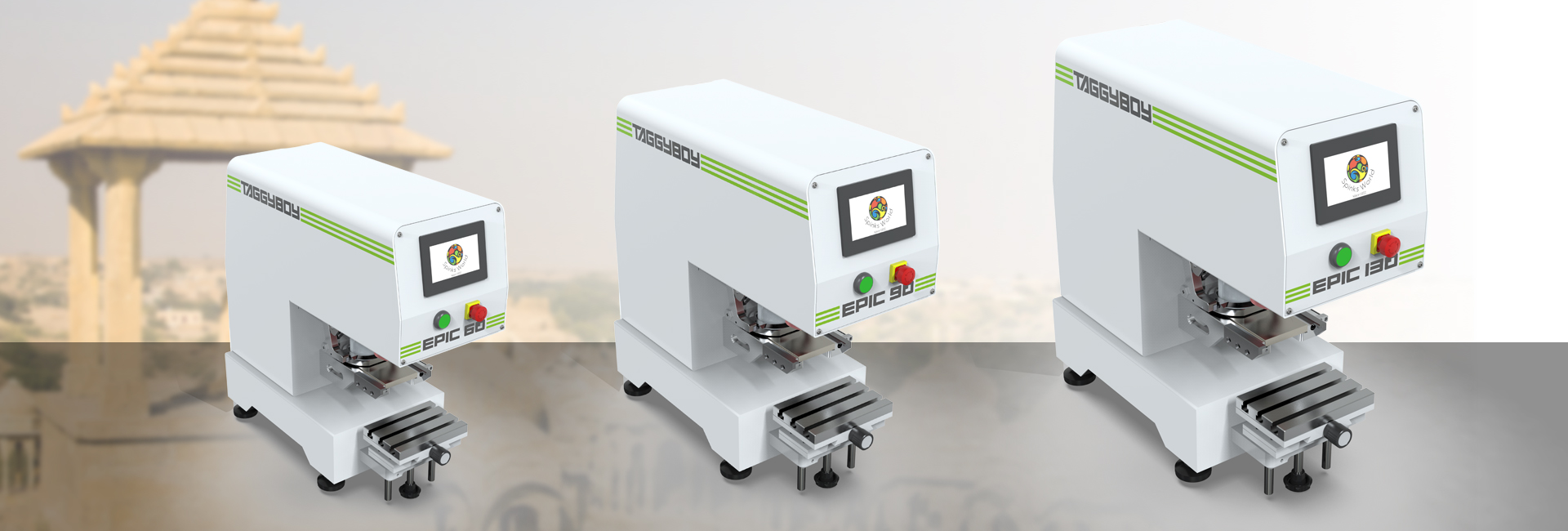screen printing ink
Abstract
Screen printing is an immediate most used and mature printing technique that includes a series of processes. It is profoundly flexible, can be done on a variety of substrates with varying shapes and sizes. This technique can be achieved by a regular process. The exceptional features of screen printing inks, which are available as one or two-component inks, are the predictable color consistency and excellent adhesion towards numerous substrates makes it fit for diverse applications.
Keywords
Screen printing, processes, planar, roll-to-roll method, highly opaque, flexible materials, screen printing inks, Solvent based inks, UV curing inks, mesh, squeegee, innovative technique, ordinary process, substrates, screen printing process, screen printing inks for industrial applications, commercial applications, high printing quality inks, excellent transparency, flat-bed screen printing inks, Fabric printing ink, Adhesive based ink, Decorative and functional application, Innovative inks, Ink solution, Highly specialized screen printing ink for industrial application, Industrial application, Silicone-free inks, Flexible inks, Screen printing supplier in Delhi NCR, screen printing inks for plastics, screen printing ink manufacturer in India, types of screen printing inks.
Introduction
Screen printing is a direct printing process that acted in a regular framework. Screen printing is where a mesh (screen), made up of synthetic polymers like nylon and polyester, is used to transfer the stenciled design onto the substrate with the assistance of a blade and squeegee and defines the final image. This printing procedure is in this manner utilized in all fields, from visual correspondence to textiles and for other industrial applications. Additionally, the planar framework speed is low in contrast with other ordinary printing forms.

History
The screen-printing process was first derived in China, where silk was used on a wooden frame - also known as Silkscreen printing. Later on, it was used by many Asian countries.
Substrates for Screen printing
Screen printing fit for imprinting on a wide range of flat and shaped substrates with varying shape and size, by taking advantage of the stencil. Fabric and paper materials are the two most common substrates that are used on industrial grounds, but in case of specialized inks other base materials like plastic, ABS, acrylic, POM, PA, PMMA, CAB, PVC, PC, pre-treated PE / PP, PS, PU, primers and coated pieces, polyamide and polymers glass, thermosetting plastic, glass, ceramics, textiles, metal, lacquered substrates, rubber, wood to name a few are widely printed by screen printing.
Application fields
Screen printing is done on various products like CD, CD-R, DVD, mobile telephones, automobile meter and dials, mechanical parts, vehicle decoration, audio-visual equipments, keyboards, membrane switch of electrical appliances, home appliances, vending machine, labels, packaging material and containers, braille points printing, bottles, Sport shoes, safety glass & cigarette lighter, Glass decoration, clothes iron, promotional items (pen), plastic tubes, cartridges and bottles, paper silver finishing, overcoat finishing, silver label on plastic/glass bottles and tubes, beverage industry, bottle crates, bottles and glasses, cards, graphical applications, industrial applications, dome effects, cosmetics, luggage, textiles, lab products, sign/information systems, touch panels, ceramics, leather, paints and coatings, medical and dental products, data & telecom, architecture building and construction, consumer products, water vehicles and digital city maps, giveaways /office, operator control panels, toys, baby and toddler products, technical marking, film insert molding , special effects and many more.
Types of Screen-printing inks
- Solvent-based inks: These inks are generally not ready to use and demand special thinners, hardeners, or retarders to be added. Small production can be greatly achieved by this solvent print set up. Solvent inks have excellent dealing with varying substrates, and can also offer greater opacity and performance requirements.
- UV inks or UV curing inks: These inks are mostly ready to use except proper mixing is needed before use. In special requirements, some additives need to be added for better results on different substrates. It offers a smaller footprint, quicker throughput, and easy control of the process. For display and graphical applications, UV inks seem to win out.
- UV LED curing inks: One of the major methods in trend nowadays, in which there is little heat so no cooling is required, which can be useful for some substrates like polycarbonate. LED curing inks are suitable for commercial applications only. This curing technique is a different choice over mercury light curing which, nowadays fundamentally used for curing of UV inks in the Narrow Web industry. It contributes huge advantages above mercury light restoring. UV LED inks can move on high-speed screen-printing machines in contrast to ordinary UV screen inks.
Properties of Screen-Printing Inks
Glossy, highly covering, universally applicable, excellent flow, highly opaque, good curing and adhesion, low-migration, over printable, over paintable, color brilliance, high reactivity, low-odor, filling material resistance, scratch-resistant, abrasion-resistant, physically drying, mechanical and chemical resistance, alkali &
solvent resistance, high light fastness, water resistance, weather resistance, dishwasher resistance, good adhesion after heat drying, ice and frost resistance, Phthalate-free, fluorine-free, bromine-free, Halogen-free, ITX, benzophenone- and 4-methylbenzophenone (4-MBP) -free, formulated free of BPA and many more.
Product/Color range :
Basic colors, transparent white, process colors, opaque white, opaque black, silver, gold, copper, special effect inks, additives, bases, and much more possible to match in the spectrum.
Advantages/Disadvantages of Screen-printing inks
- The thick covering is possible by using an extraordinary stencil which makes the color more visible, highly opaque, and excellent lightfastness. Though stencil is low in cost, which is the plus point for small industries to generate small quantities.
- Low production speed.
- Low stencil cost
- High production cost.
- Not suitable for printing on food packaging.
- Hard to clean.
- Enormous misuse of creation material (counting the ink).
- The greatest confinement is reflected in the degree of goals.
Inks to Screen printing comply with: Screen printing Ink must have to deem fit for printing application: Compliance with REACH regulation (SVHC), Compliant with the current European standard EN 71-3, Low PAH, RoHS compliant (2015/863/EU) // (2011/65/EU), Adidas A01, PUMA, ASTM-F963, HR4040.
Spinks India , a subsidiary of Spinks World is an established partner to screen printing industry for providing Screen printing inks to plastic silk screen printing, printing inks for printing on garments, leather and garment accessories, screen printing inks for printing on glass for cosmetics, milk bottles, drinkware, hollow ware etc. , printing inks to print on metals, screen printing inks to print paper, solvent based UV curable printing inks, inks for corona, plasma-pre-treatment or flame treatment and many other applications.
Contact us to discuss more with our experts.
Disclaimer:
This disclaimer informs readers that the views, information, and opinions expressed in the text belong solely to the experts or professionals working in the same field of study. However, the customers are required to test for themselves before going into productions. All the presented information stems from the rich and varied 30+ years of experience of the organization in the printing business.
References
- https://www.ruco-druckfarben.de/en/
- https://www.ferro.com/
- https://www.marabu-inks.com/
- https://www.encresdubuit.com/en/
- http://www.jujo-chemical.co.jp/e/
- https://www.flintgrp.com/media/4254/ledppt.pdf
- https://www.fespa.com/en/news-media/features/understanding-screen-printing-inks
- http://downloads.hindawi.com/journals/jnt/2017/7125682.pdf
- https://www.intechopen.com/
- https://www.youtube.com/watch?v=6z5VRgsDEO8
- https://mekoprint.com/

Pad Printing Solutions in Chennai

Pad Printing Solutions in Bangalore/Bengaluru

